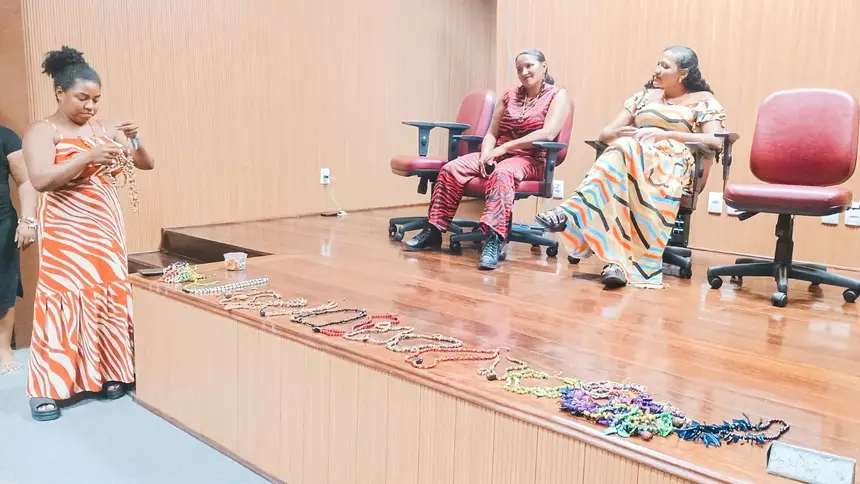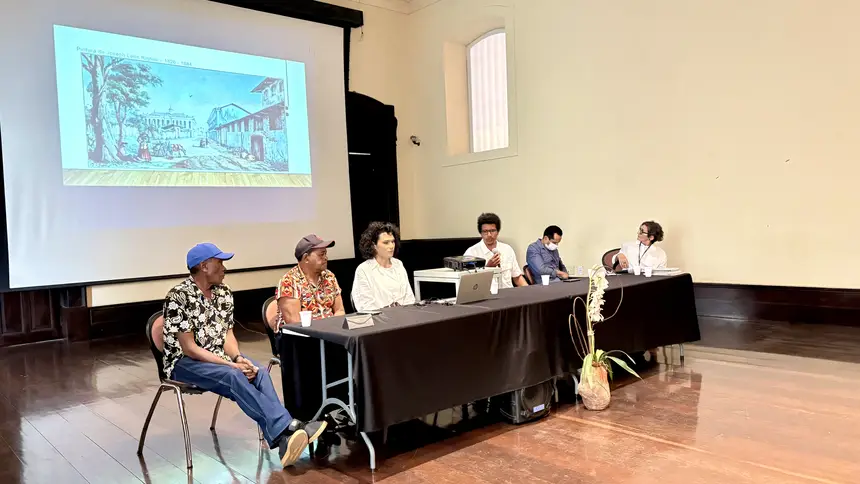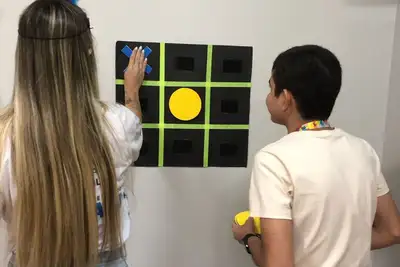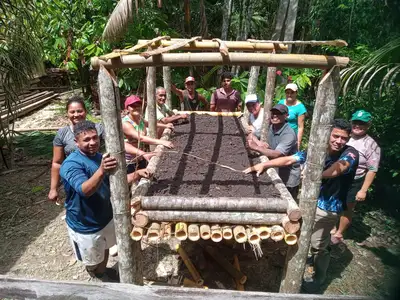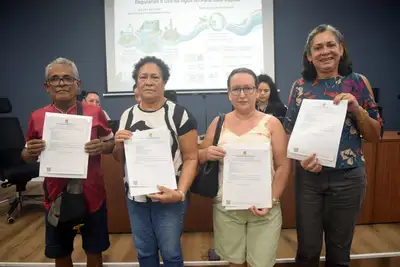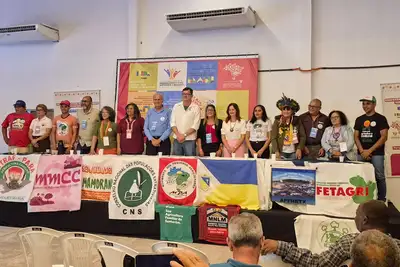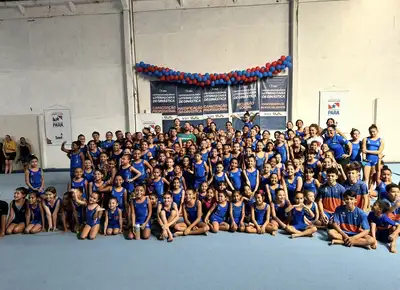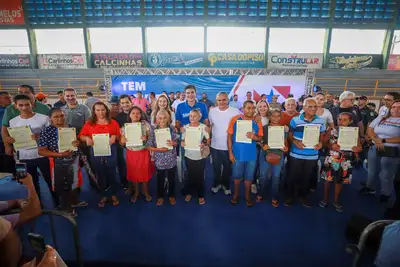Museum Week discusses the memory and safeguarding of the culture of quilombola communities
The Mariquita quilombola association participates in activities promoted by Secult at the State Museum and at the Faciola Palace

The State Secretariat of Culture (Secult) held, this Friday (16), the closing of the programming of the 23rd National Museum Week focusing on the appreciation of quilombola memory and ancestry. The activities began at the State Museum of Pará (MEP) with the round table "Quilombola Cultural Heritage: ancestry and memory of the Vila Socorro Mariquita community in Tomé-Açu," as part of the Dialogues with Heritage project, developed by the Department of Historical, Artistic and Cultural Heritage (DPHAC).
“Today we are hosting here at the State Museum a program from DPHAC, bringing traditional communities from Tomé-Açu, talking about their traditions, their projects, including discussing the implementation of a community-based museum in Vila Socorro. This shows that the work carried out by Secult has achieved an interiorization, as we have a traditional community present here,” highlighted the director of MEP, Bruno Silva.

The table was composed of representatives from various institutions and social movements: Paulo Canto (SIMM/Secult), Cristina Sena (MPEG), Kelton Mendes (Amazon Archaeology), Duda Conceição (AMAQUIM/MOCAMBO), and Domingos Prudente Freitas, president of the Mariquita Association, which brings together three quilombola communities – Vila Socorro, São José Castanhalzinho, and Santa Rosa Almoçador, all in the municipality of Tomé-Açu.
“Our community is over a century old, and we have gathered about 150 historical pieces. We have already had discussions with the idea of creating a large project to establish our own community museum. We are fighting for that,” stated Domingos Freitas.

The heritage management technician of DPHAC, Silene Nambiça, emphasized the department's role in valuing collective memory and cultural identity. “DPHAC has played this role of mediator of heritage education, in the process of building museums, and in valuing these findings as a form of self-affirmation of communities, for a matter of legitimacy, to tell new stories and communicate them to new generations,” she explained.
Black Fair and female empowerment – In the afternoon, the program continued at the Faciola Palace Cultural Center with the 1st Black Fair, which featured the participation of quilombola women from the Rosas Negras group. Artisans and artists from the community showcased bio-jewelry, clothing, and accessories that exalt African ancestry, creativity, and the intangible heritage present in artisanal production.

Following that, the round table “Empowerment and Work: the artistic, cultural, and political practices of the artisan women of the Mariquita Quilombo” was held, with the participation of Ana Maria Freitas, Maria da Luz Reis, Reyviane Almeida, and Adélia Paiva.
The afternoon program also included a visit to the exhibition Tó Teixeira – A Dive into Life and Work and the screening of the documentary Tó, Violão Mestre, directed by Felipe Cortez, also at the Faciola Palace.
The 23rd National Museum Week concludes on Sunday (18), with free entry guaranteed at state museums until the end of the program.
Text: Juliana Amaral, Ascom Secult



